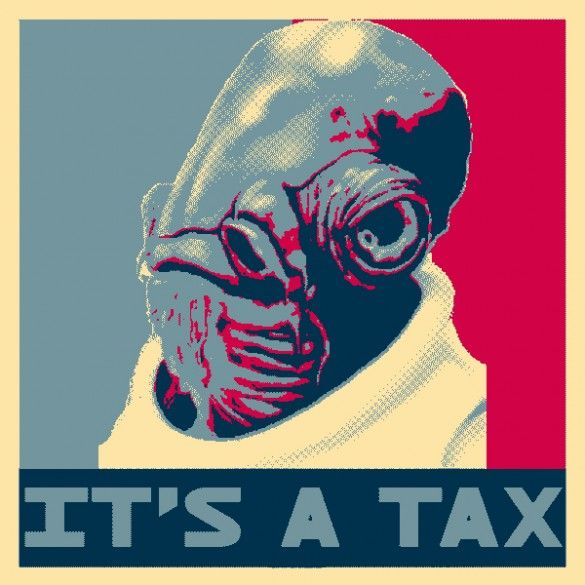Obamacare – 2013, Plus Cyber Security Tips

May your stuffing be tasty
May your turkey plump,
May your potatoes and gravy
Have never a lump.
May your yams be delicious
And your pies take the prize,
And may your Thanksgiving dinner
Stay off your thighs!
HAPPY THANKSGIVING TO ALL
Telling Tips is a series of articles from local experts to help you save money, make better decisions and plan for a better future.
Obamacare will affect everybody. The big winners are the 37 million Americans who don’t have insurance. In addition, it will add to the Medicaid numbers, and will also allow “affordable” care through the new government “exchange” for those who are unemployed, self-employed, and independent contractors who don’t qualify for Medicare or Medicaid. Many of you have already seen your premiums increase by more than 10 percent. In the end, it’s going to be very expensive in dollars and care for all. Free is never cheap.
A 2010 Review (These are only a few of the enactments):
- Lifetime limit on coverage is prohibited; various insurance policies could not be rescinded; health coverage is provided for those with pre-existing conditions through a national high-risk pool.
- Non-dependent children up to age 26 are covered.
- Indoor tanning salons hit with a 10 percent tax.
- Medicare Part D enrollees who hit the “donut hole” receive a $250 rebate.
A 2011 Review (These are only a few of the enactments):
- A 50 percent discount on brand name prescriptions filled in Part D coverage gap is mandated upon pharmaceutical manufacturers.
- Medicare Advantage payments are frozen.
- The penalty for withdrawals from Health Savings Accounts prior to age 65 not used for qualified medical expenses increased from 10 to 20 percent.
- Various medical items, such as over-the-counter remedies, are not allowed to be purchased with HSAs or FSAs.
- Manufacturers and importers of branded drugs pay a fee based upon their company’s share of the total market.
A 2012 Review:
- Federal benchmark payments to Medicare Advantage plans, which cover about 20 percent of seniors, are reduced.
A 2013 Review (These are only a few of the enactments):
- The health Flexible Spending Account (FSA) is capped at $2,500, but indexed to inflation. Many used this to pay for their family’s health expenses such as medical insurance, co-pays, and over-the-counter cold and other items such as band-aids, pain relievers, antacids, and children’s vitamins. Other expenses the FSA is used for includes those not covered by their insurance, including hospital stays, dental visits, nursing care, as well as expenses of special needs children such as education. For 2012 and prior, there was no federal limit, although many employers did set a cap.
- Medical device manufacturers are hit with a 2.3 percent excise (sales) tax. However, eyeglasses, contact lenses, and hearing aids are exempt.
- The medical itemized tax deduction threshold increases from 7.5 percent to 10 percent. So, if you have high medical expenses, you get less of a deduction. Those over 65 are not affected by this until 2016.
- The Medicare Part A hospital insurance tax rate increases by 0.9 percent (from 2.9 percent to 3.8 percent) on single taxpayers earning more than $200,000, and for married taxpayers earning more than $250,000. Note that if you are in this bracket at work, the additional tax will be withheld, but if you and your spouse separately don’t hit the threshold, but together you do, you may need to make a W-4 adjustment at work, or pay estimated taxes.
- This 3.8 percent ‘Medicare’ tax also applies to net investment income (interest, dividends, and capital gains) in the income range noted above. This is in addition to the capital gains tax.
- Corporations can no longer deduct prescription expenses for their retirees.
2014: More To Come.
And for your leisurely reading, here is the link to the full bill [PDF].
Security Tips:
- Use passwords of eight characters or more with mixed types of characters. Tip: Use short words with spaces or other characters separating them. For example, “new work by 8!” or “dog_park_run?”
- Use a different password for each new website or service.
- Don’t use these common passwords: password, 123456, 12345678, abc123, qwerty, monkey, letmein, dragon, 111111, baseball, iloveyou, trustno1, 1234567, sunshine, master, 123123, welcome, shadow, ashley, football, jesus, michael, ninja, mustang, password1.
Have a good week.
Joseph Reisman, of Joseph S. Reisman & Associates, has been serving tax prep and business accounting expertise from his Coney Island Avenue office for more than 25 years. Check out the firm’s website.




